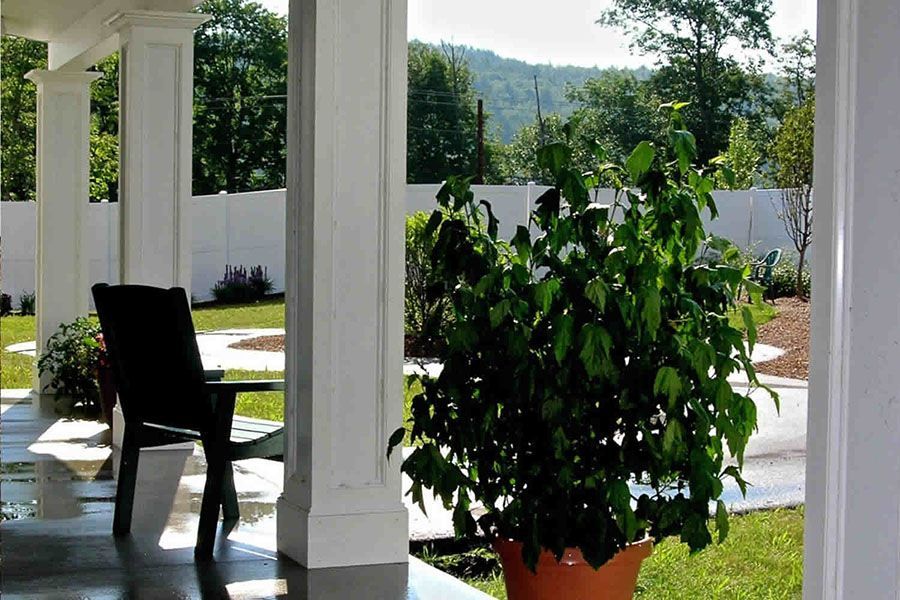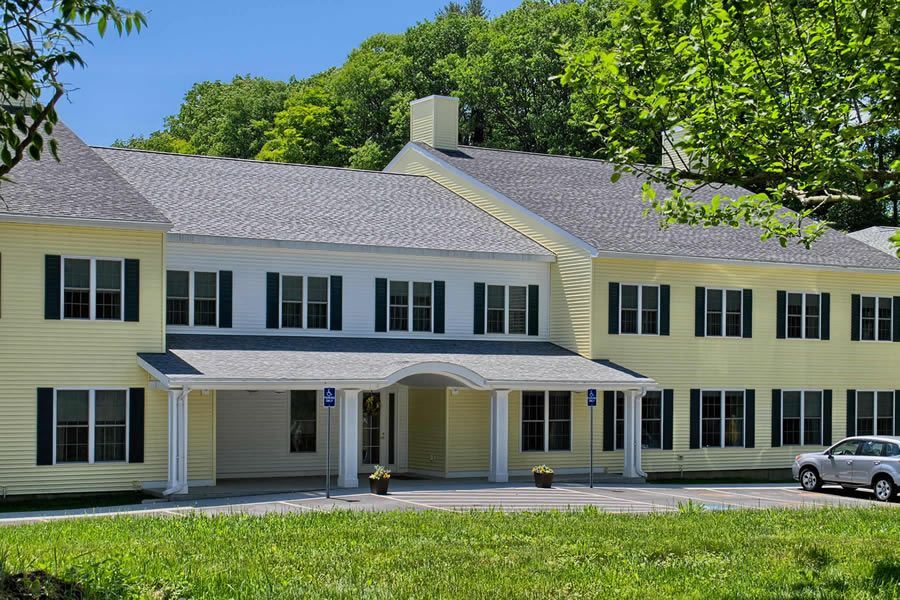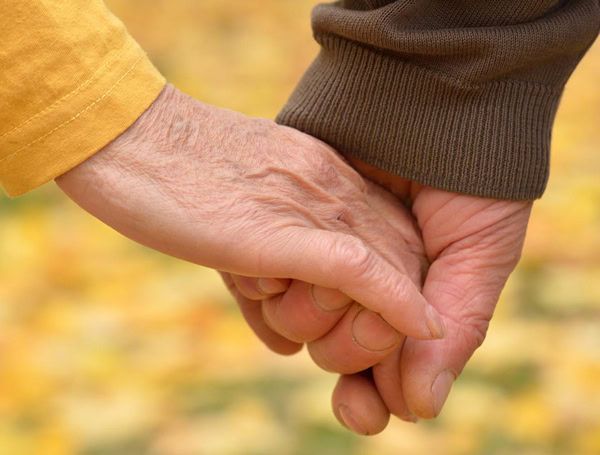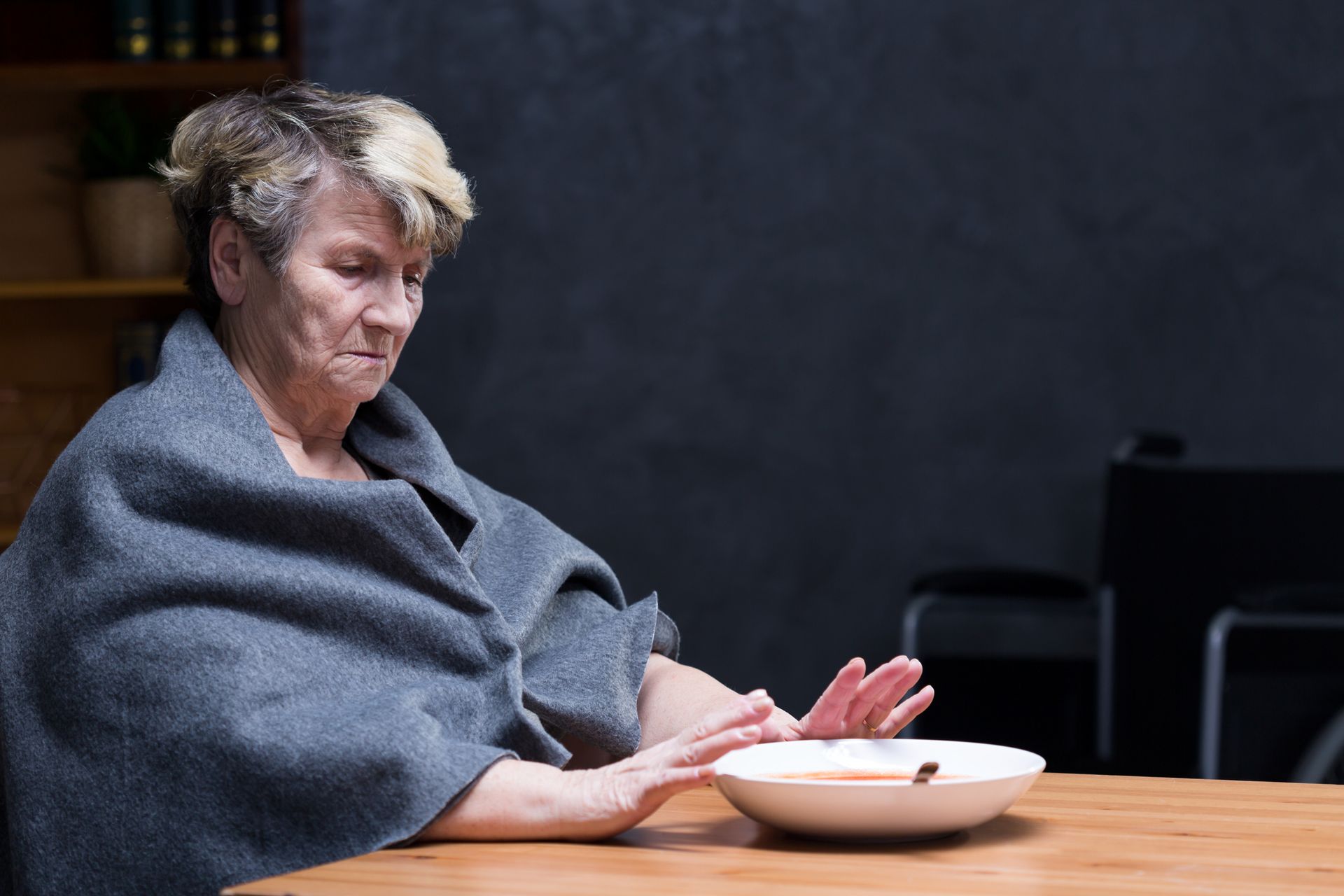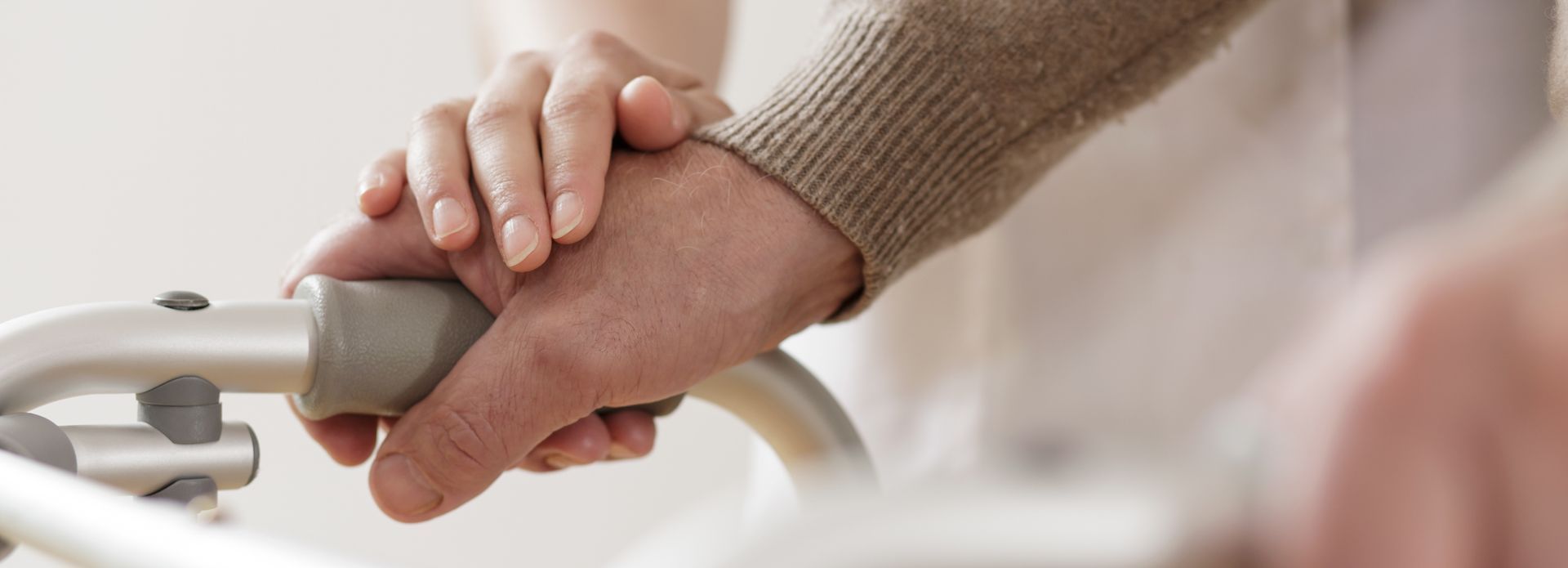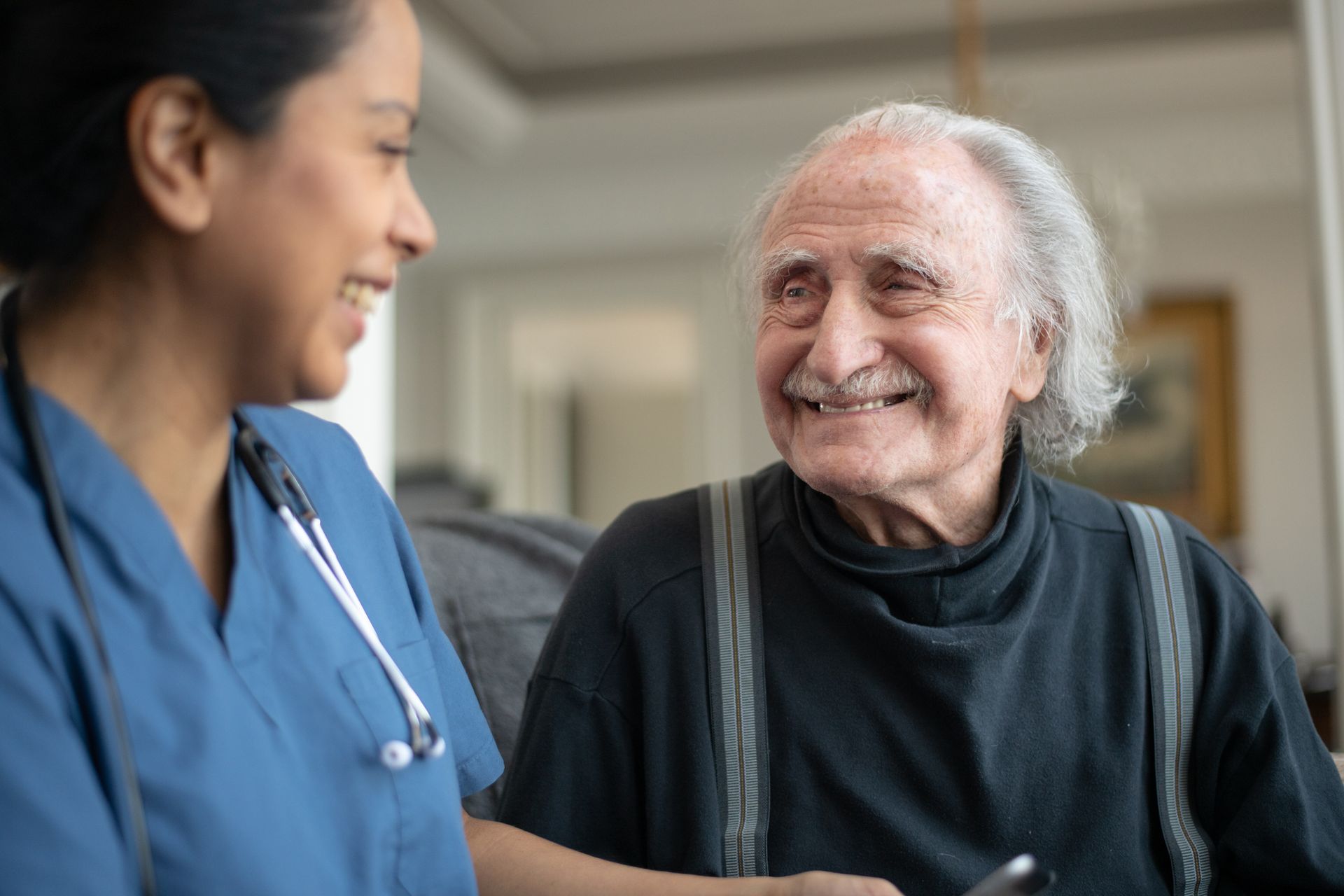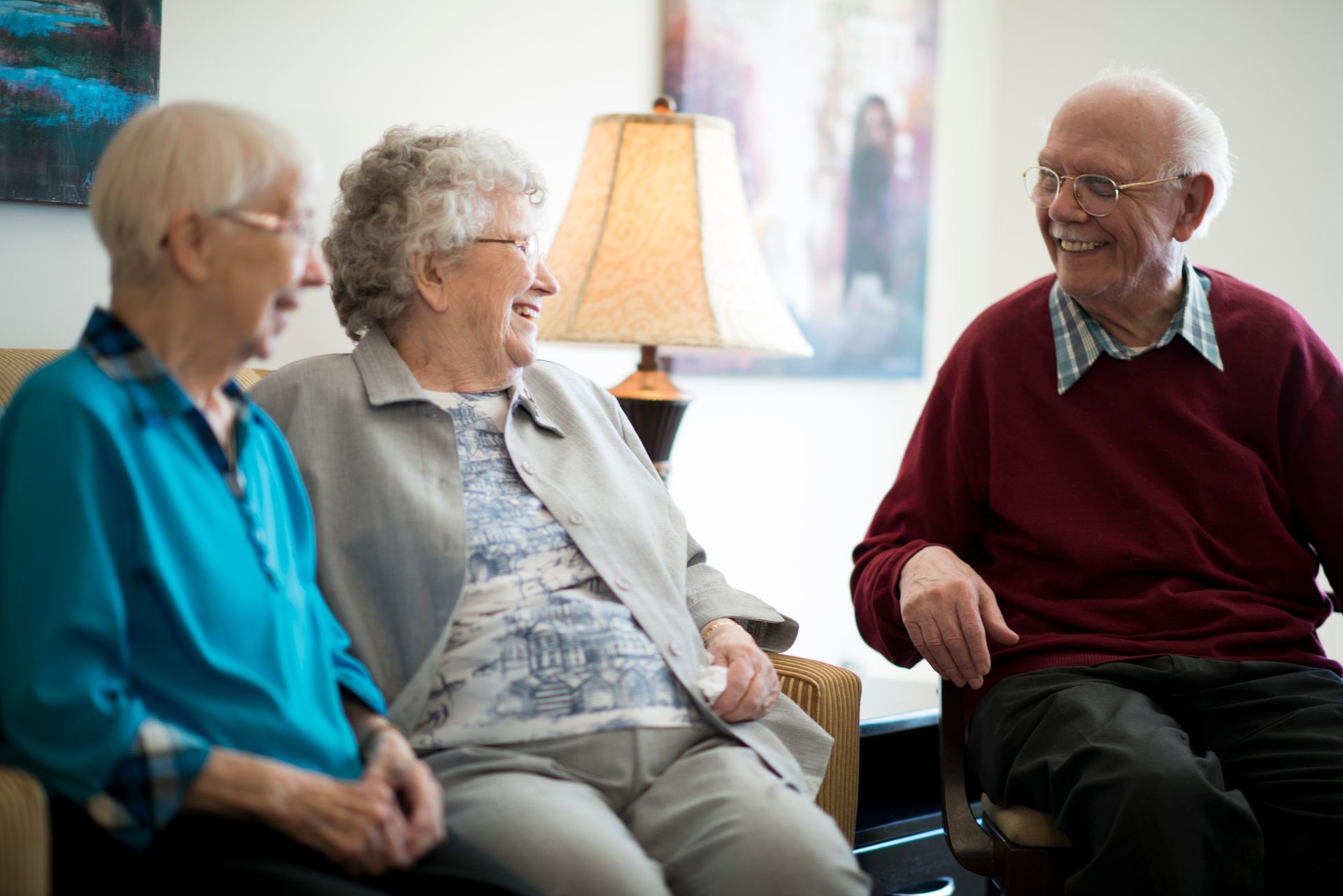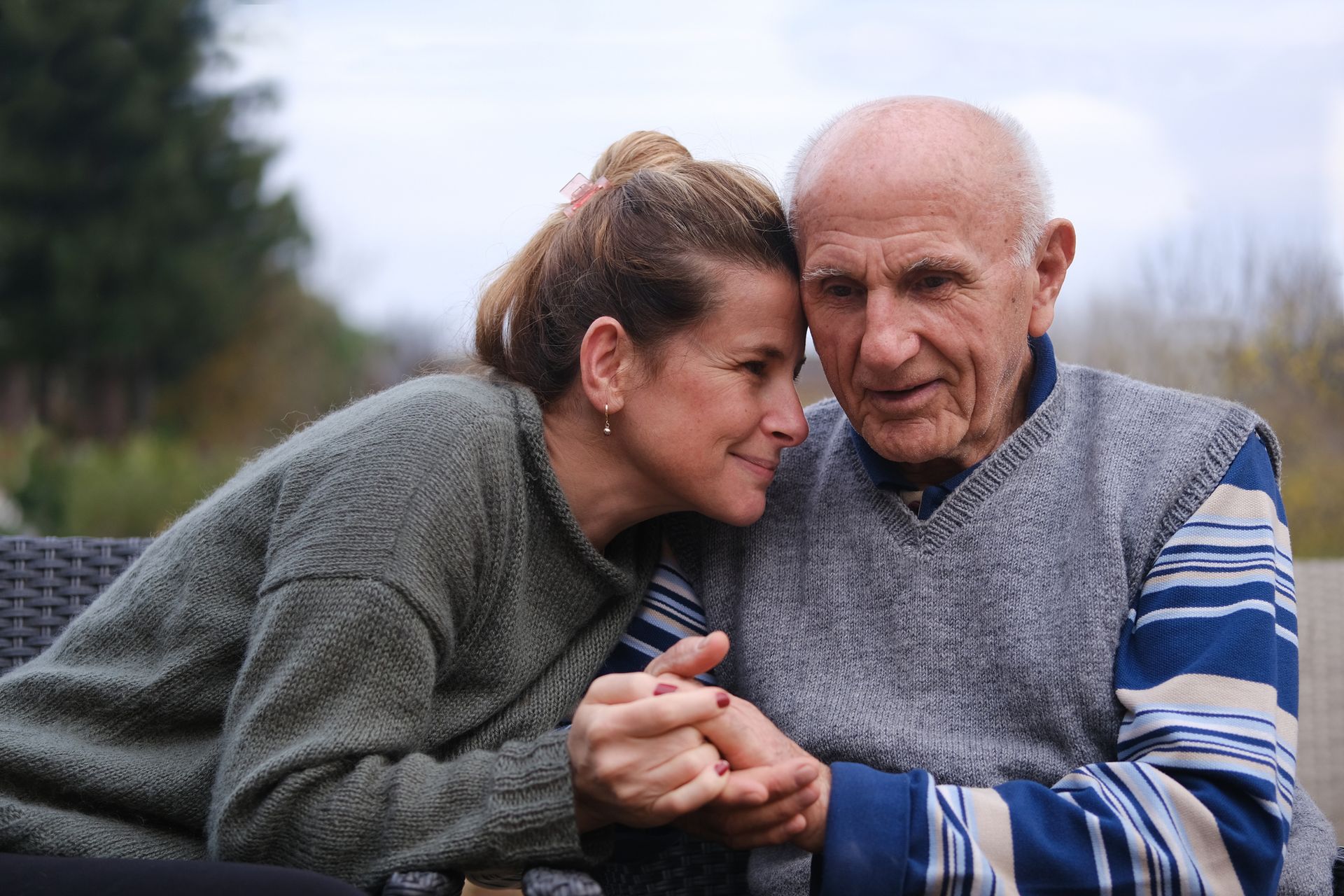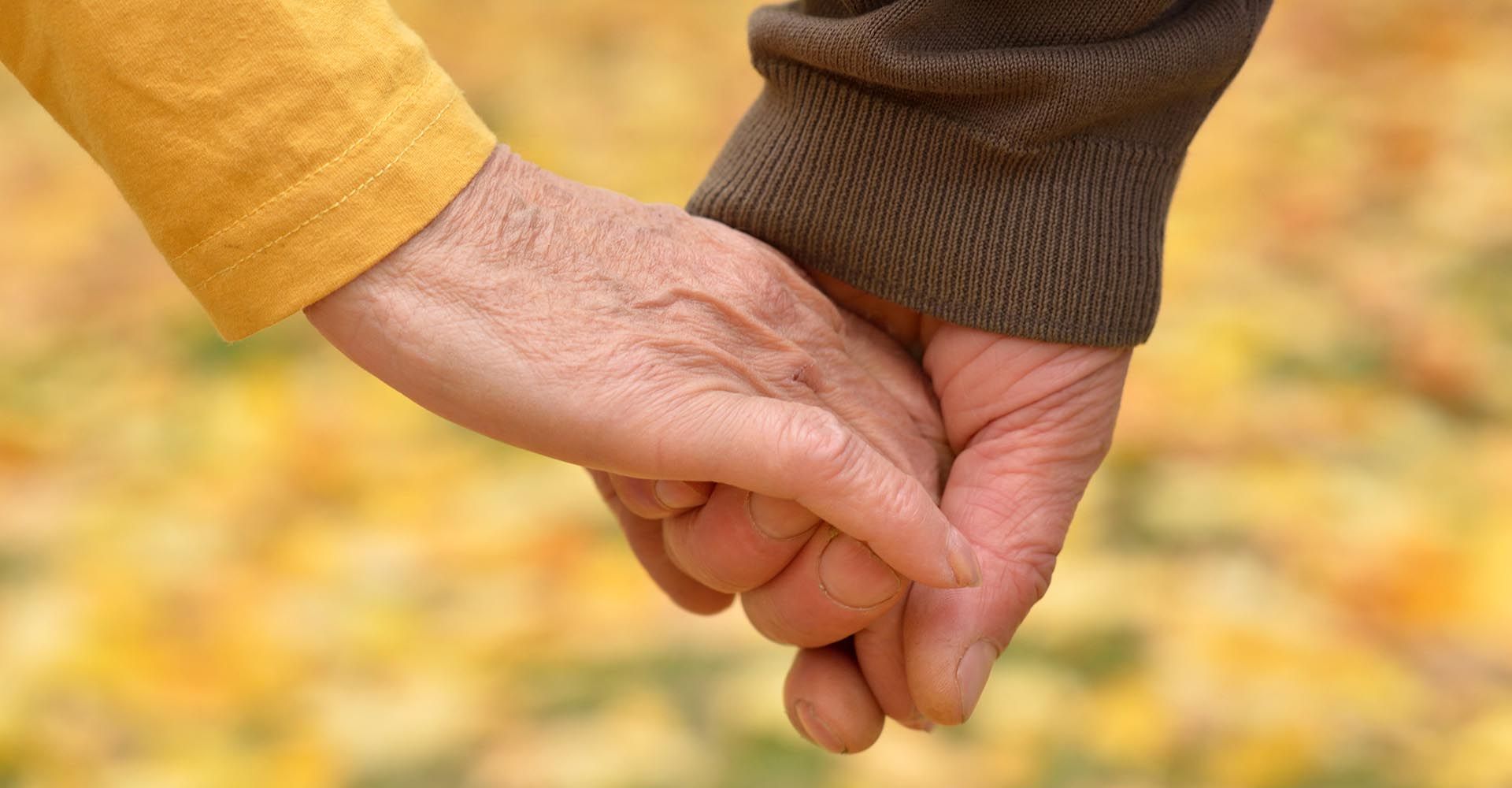Creating an Oral History for Your Family
Here at Cedar Hill , we always encourage families to come visit and spend time with their loved ones as often as they can. Whether it’s simply joining them for a meal, helping them decorate their room, or celebrating a holiday with them, there’s always a reason to come see your loved ones on our beautiful campus in Vermont.
But if you’re looking for a fun way to connect with your loved one while visiting them, you might consider conducting an oral history interview with them. Thanks to the easy accessibility that many have to technology like cameras, microphones, and other recording devices, conducting and storing an interview is something anyone can do. Here’s a quick outline for how to create an oral history for you and your family.
Preparing For Your Interview
Before you start your oral history interview, it’s always a good idea to check with your senior loved one and make sure that this is something they’re excited about doing. We’ve found that most everyone has a story to tell, and are willing to tell you anything as long as you’re willing to listen. Your interview should have several components, or sections, to help you gather important details, fond memories, and clever insights.
You should allow your senior to guide their own story. One of the easiest ways to make sure that they feel comfortable sharing their stories is by producing a list of questions and sharing it with them beforehand. This allows them the opportunity to think about topics and ideas that really excite them, and maybe shy away from topics that make them uncomfortable.
Finally, make sure your recording equipment works properly before the start of your interview. Whether you’re using a laptop, audio or video recorder, or even your phone, make sure you know how to use it effectively. You don’t want to waste any time struggling with your equipment before the start of the interview.
How to Structure Your Interview
It’s very likely that you’re related to this person, or you have a relationship with them in some way, so you might already know a little bit about them. Of course, part of recording the interview is to ask them about the experiences they’ve already shared with you so that they are preserved for others to enjoy and learn from. Your interview should ask about memorable experiences during their lifetime, and how they shaped them into how they are now.
An easy way to structure your interview is to ask questions that follow a chronological order. Start by asking them about their childhood, schooling, early jobs, starting a family, retiring, and even asking them about their present experiences. Once you’ve created an outline like this, you can create questions that fall into each time period that can encourage them to explore that time in more detail.
There are a number of great questions you can ask the seniors in your life. Some fun ones that elicit great responses include:
- Tell me about your parents?
- Did you have a favorite pet growing up?
- What’s the first home you remember?
- What’s a lesson you learned that stuck with you?
- Who has been the most important person in your life? What can you tell me about them?
- What’s the happiest moment you remember? The saddest?
- What are your favorite memories of us together?
- How has your life been different than what you imagined it would be like?
- Is there anything you want to share, but you haven’t had the chance until now?
Asking leading questions is a great way to get a conversation started that might lead naturally to other questions. Don’t be afraid to let your loved one really develop an answer to a question. While you might have more questions you want to ask, allowing them to give you a detailed answer could be very important to them.
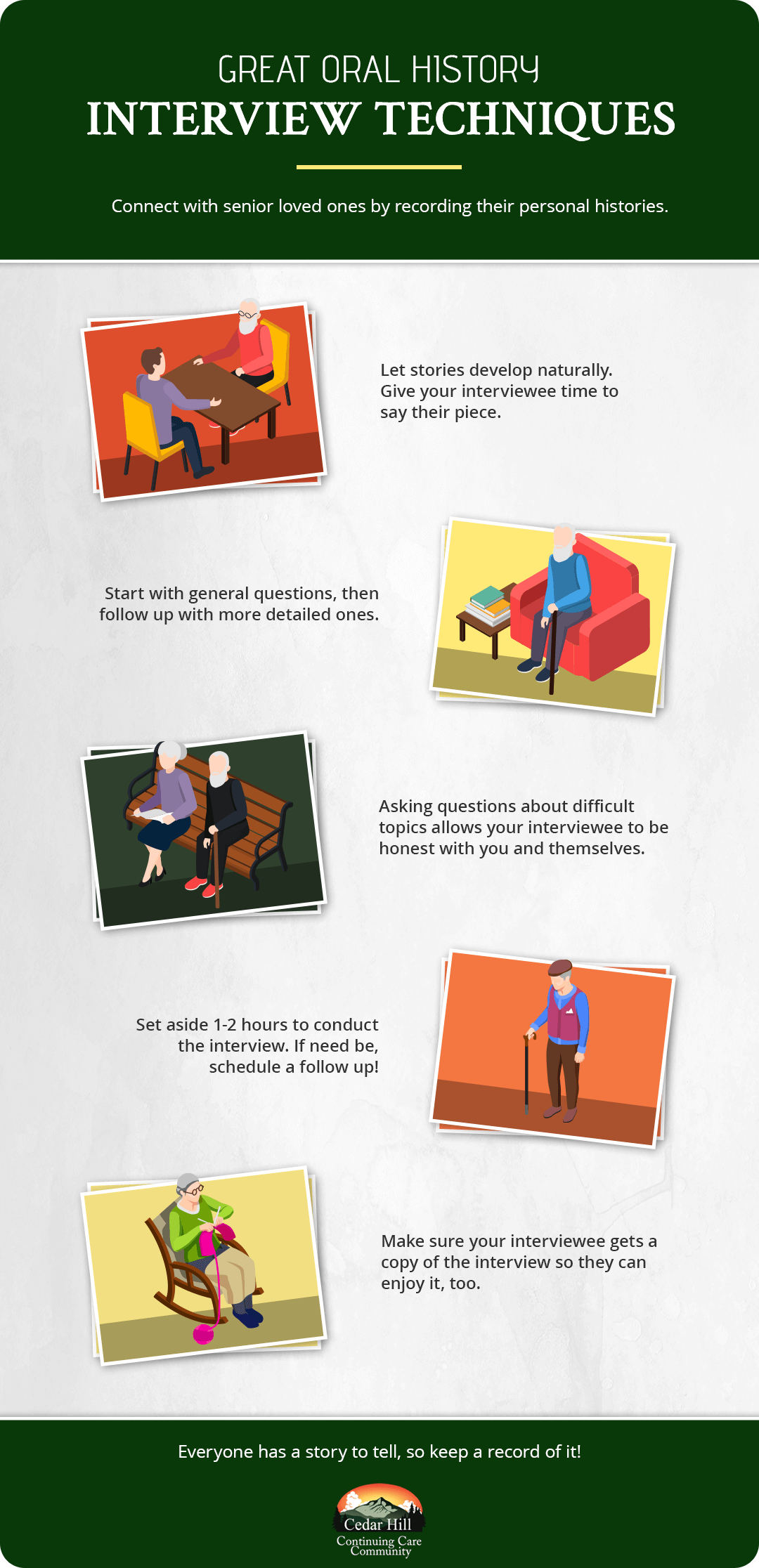
Good Interviewing Techniques
Remember, the interview isn’t about you, it’s about the person being interviewed. You should allow your interviewee to do almost all of the talking. Your occasional questions should be there to guide them through the interview and give them something to talk about.
Allow Stories to Develop Naturally
While you might have structured your questions in chronological order, don’t be surprised if your loved one jumps forward or backward in response to a question. It’s surprising how different stages of life can be connected, and these can be valuable to explore. However, if you find that your interviewee is moving around too much, don’t be afraid to ask them a question that takes them back to a certain moment or idea.
Start General, Move to Details
Starting with general questions is a great way to get responses about the values and ideals of the interviewee. Once they’ve offered some insights, ask them some more detailed follow-up questions. This format ensures that you get specific, richly detailed memories about places, people, and things.
Don’t Back Away from Difficult Topics
Don’t be afraid to ask hard questions. For many people, it’s easy to make these interviews a chance to talk about how great the family is, and how everyone gets along. This might be the case, but every family goes through their share of challenges. An oral history interview should offer your loved one a chance to reflect on their life and share what they learned from those hard times. Asking them difficult questions allows them a chance to be honest with you and themselves. In some cases, your interviewee may not feel comfortable sharing some details, and it’s ok to respect that.
Of course, you don’t want to only ask them questions about challenges and setbacks, so don’t start the interview with deeply personal questions. You’ll find that after a little while, your interviewee will naturally share stories and ideas about these things.
Schedule a Time to Do It
Some people are storytellers and could talk all day without pause. Others are a little more tight-lipped and will give you short answers, even to open-ended questions. One of the ways you can account for these extremes is to set up a set time to do the interview. Give yourself no more than two hours to complete the interview. Letting the interviewee know ahead of time that you’ll be talking for just an hour or two helps them stay focused on the task at hand. If need be, you can ask your loved one if they want to do another interview if they feel like they didn’t have the chance to say everything they wanted to, or if you have more questions.
Concluding and Storing Your Interview
At the end of your interview, make sure to thank the interviewee and let them know what you’ll do with the recording. Make sure they get a copy of the finished product, as having a record of their memories is just as valuable for them as it is for you. We suggest making multiple copies of your recording. You can save a copy online, on your computer, and on a disc or thumb drive. This allows you to share the recording with friends and family members who may be interested in hearing the interview.
Create Memories Worth Sharing At Cedar Hill
We believe that people should be comfortable at every stage of life, which is why our senior housing community offers quality amenities and care in Windsor, Vermont. Cedar Hill Continuing Care Community can accommodate the needs of your loved ones. Whether that’s an independent living situation , an assisted living option , or even memory care services. Schedule your free tour today and see how your loved one can join our community!
The post Creating an Oral History for Your Family appeared first on Cedar Hill Continuing Care Community.
